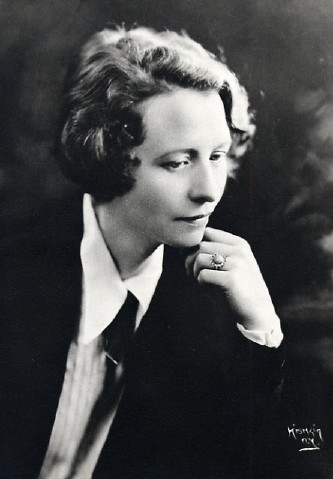I, at length, have finished reading Gilead, Marilynne Robinson's second novel. It is a slow-paced work, calm and contemplative. The novel is told by an aging protestant preacher who knows that he will die before his young son is old enough to really know him. So, he is writing the manuscript, which comprises the novel, for his son's benefit.
The novel delves into the nature of father-son relationships, not merely the relationship of the narrator and his son, but of other family members and friends as well. Most interestingly, perhaps, it explores the nature of father-son relationships where the two are neither biologically nor legally connected. Robinson, through her flawed but perseverant characters, develops an image of the always-loving, always-pursuing Father, who, knowing all, forgives all.
Moreover, the novel is not simply exploring human relationships, it also ponders the nature of divine fatherhood, through the lens of human fatherhood. Although the external conflict of the novel remains unresolved, the internal conflict of the narrator is overcome. His anger and ill-will are transformed. And, even though the novel ends much as it began, the reader feels as through he has made a spiritual journey and can reflect upon the shabby reality of the world with newfound love.
Throughout the work, the narrator ends sections with the comment, 'I'll pray and then I'll sleep.' It becomes a kind of antiphon to the almost liturgical work. Through this antiphonal device, Robinson tightly interweaves the need for prayer and the need for rest. After the narrator delves into the often petty and less-than-perfect parts of his soul and memory, he pulls himself back with the above quoted line. One must have refreshment for body and soul. Sleep and prayer. Prayer and sleep. This sleep is, of course, also, a premonition of death. I'll pray and then I'll die. Into your hands, Lord, I commend my spirit. The act of prayer and the act of death are unified. The combining of prayer and sleep reflect the harmony of the union of body and soul.
Additionally, by linking prayer to God and direct address to a living human being (the narrator's son), Robinson establishes not so much a monologue, as a conversation. In short, the novel might be called a conversation of prayer. The narrator can converse with his son through prayer; he transcends the temporal limitations of age and death by prayer. Since God is outside of time, by addressing ourselves to God, we can, in a sense, be pulled outside of time as well. The father writing and the son reading are omnipresent in the mind of God; there is no temporal interruption to the conversation of prayer.
Finally, this brings us around to the title of this post, which is also the title of a poem by Dylan Thomas. It offers a somewhat different view of prayer. So, without any more commentary, I'll let you enjoy it.
The conversation of prayers about to be said
By the child going to bed and the man on the stairs
Who climbs to his dying love in her high room,
The one not caring to whom in his sleep he will move
And the other full of tears that she will be dead,
Turns in the dark on the sound they know will arise
Into the answering skies from the green ground,
From the man on the stairs and the child by his bed.
The sound about to be said in the two prayers
For the sleep in a safe land and the love who dies
Will be the same grief flying. Whom shall they calm?
Shall the child sleep unharmed or the man be crying?
The conversation of prayers about to be said
Turns on the quick and the dead, and the man on the stairs
To-night shall find no dying but alive and warm
In the fire of his care his love in the high room.
And the child not caring to whom he climbs his prayer
Shall drown in a grief as deep as his made grave,
And mark the dark eyed wave, through the eyes of sleep,
Dragging him up the stairs to one who lies dead.



